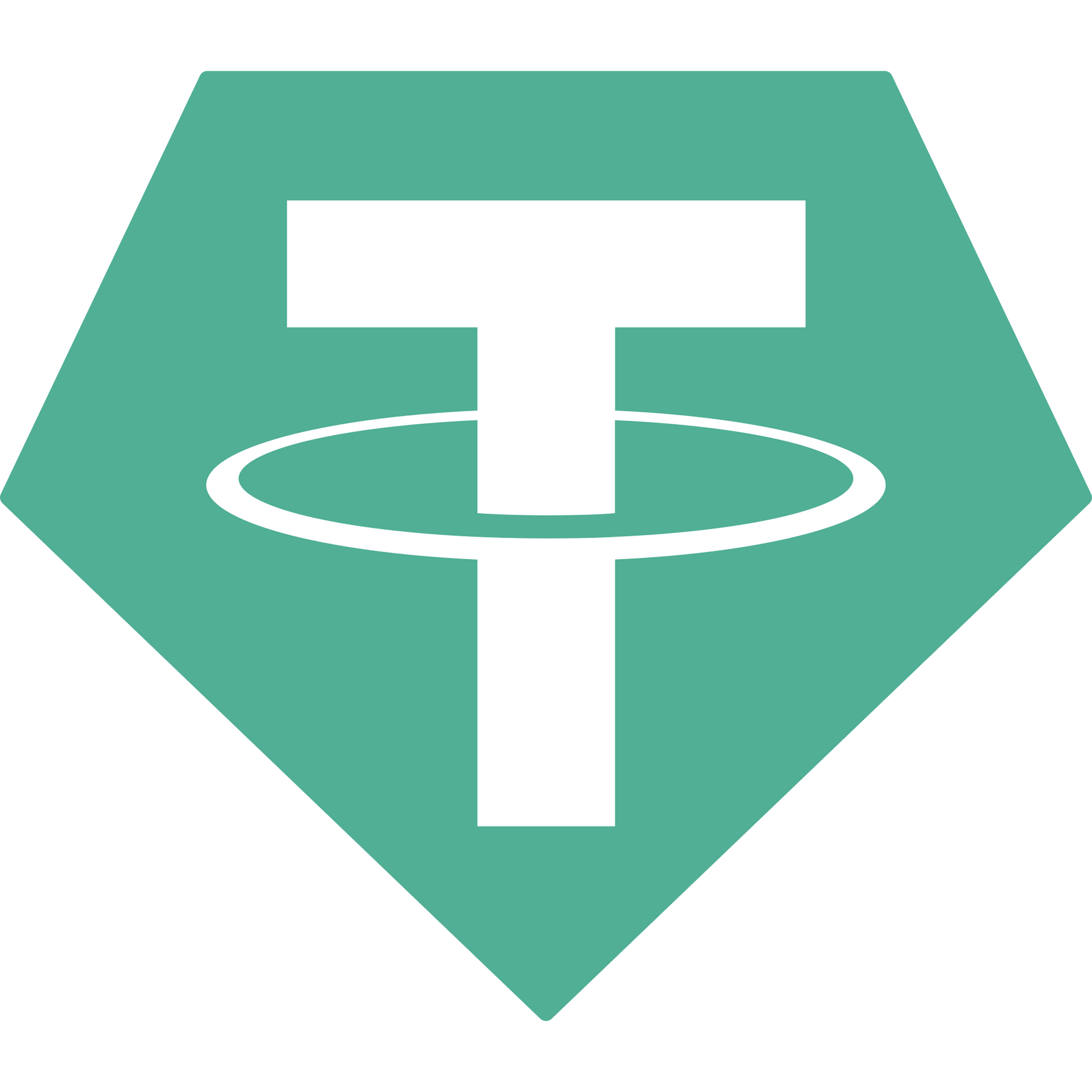Common KTT Scams: How “Shell Banks” Fake Balances and How Legitimate Funds Transfers Really Work
This guide explains what KTT was, why it vanished from mainstream banking, how fake offers try to pass as real money, and what a genuine transfer looks like today. There are limited exceptions where a receiving bank or a named beneficiary accepts an instrument and converts it into a real booked credit, but those cases require strict authentication and settlement on regulated rails.
1. KTT Transfers: Outdated Code, Near-Zero Settlement Today
Key Tested Telex (KTT) was a checksum attached to telex payment instructions before SWIFT. SWIFT went live in 1977 and replaced telex for cross-border messaging. Banking software later removed telex test-key libraries entirely. Large-value transfers now move through SWIFT MT103 or MT202, Fedwire, CHIPS, TARGET2, SEPA, or domestic instant rails where messages are authenticated and balances are checked. Even heavily restricted jurisdictions route value through workarounds rather than KTT.
2. Why KTT Pitches Persist
Fraud advisories group KTT with “prime bank” notes and blocked-fund scripts. Shell banks and some NBFCs recycle the term to hide a missing correspondent network. Offers quote nine-figure amounts, yet provide no audited accounts, no regulator licence, and no proof of cleared balances. Across recent years, industry reviews have not produced a verifiable example of a KTT reaching final settlement through a regulated bank.
3. Five Instant Due-Diligence Questions
- Which correspondent clears the funds and what is its SWIFT BIC.
- Provide last year’s audited financials and the primary regulator’s licence number.
- Explain why SWIFT MT103 or MT202, Fedwire, or SEPA cannot be used.
- Identify pledged collateral by ISIN, CUSIP, or a public charge filing.
- Send an authenticated MT199 to the recipient bank confirming unencumbered funds before any fee is paid.
4. Quick-Check Grid: Legitimate Bank vs Shell
| Test |
Legitimate Bank |
Suspect Offer |
| Regulator register |
Listed on central-bank site |
Missing or “pending” |
| SWIFT BIC |
Active on swift.com |
No record or expired |
| Nostro disclosure |
Names USD or EUR correspondents |
Evasive or “private” |
| Email domain |
Bank-domain address |
Free mailbox or chat handle |
| Fee timing |
After KYC and contract |
Before verification |
5. Why a Solvent Bank Will Not Rely on KTT
A telex-style message cannot debit a nostro or credit a vostro. Settlement needs cleared balances or marketable securities already lodged with a correspondent. Without that asset base, a receiving bank treats any KTT reference as non-binding. Message authentication by itself does not satisfy current AML, sanctions, or liquidity controls.
6. The Narrow Exception and How It Works
In rare cases a transaction can move forward if the receiving bank or the named beneficiary agrees in writing to accept an instrument that is not confirmed in advance and then converts it into an actual booked credit. This requires bank authentication, a value date, and a posted credit that is usable by the beneficiary on regulated rails such as SWIFT MT103 or MT202, Fedwire, CHIPS, TARGET2, or SEPA. PDFs, letters, or stamps from an NBFC or from an unconnected offshore bank are not settlement. If there is no authenticated message and no booked credit, there is no transaction.
7. Real Pathways to Capital
Companies seeking sizeable liquidity raise funds through clear channels: private placements under Regulation D, secured notes with perfected collateral, receivables discounting, inventory lines with title control, or structured credit mandates. These routes start with KYC, audited statements, enforceable security, and settlement on regulated rails, not vintage codes or pay-first promises.
Verification and Proof of Settlement
We verify the sender, prepare a bank-ready submission pack, and coordinate authentication with a regulated receiving bank. We provide a documented go or no go with evidence. If authenticated, we progress to recognised settlement channels. If not, you receive a formal non-authentication report so you can close the file without further spend.
8. Bottom Line
KTT belongs in the archives for day-to-day banking. Most current offers that depend on it are not credible. If a counterparty claims an exception, insist on bank authentication and a posted credit on regulated rails. When the evidence is there, proceed. When it is not, walk away.
We are advisors and arrangers. We do not act as a bank or payment service. Engagements are subject to KYC, AML, and sanctions screening, and to bank approvals. Where licensing is required, we work with regulated partners.





